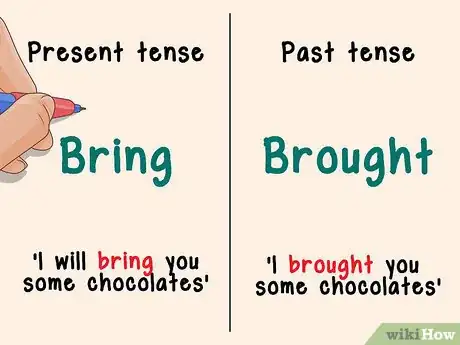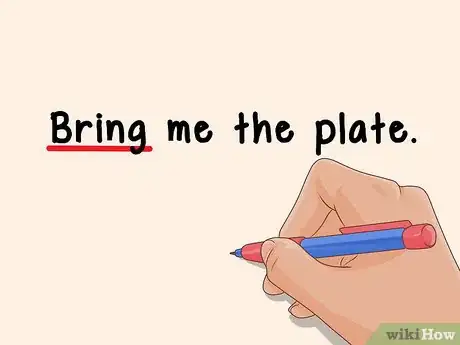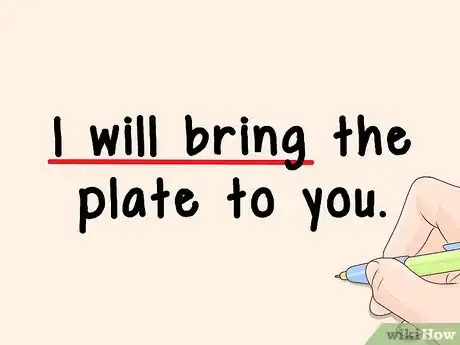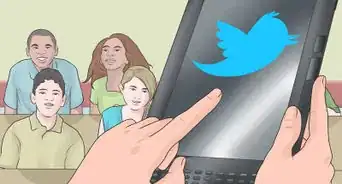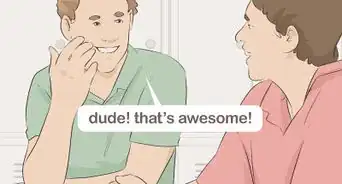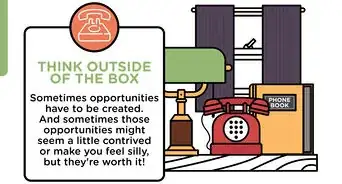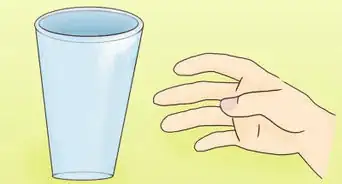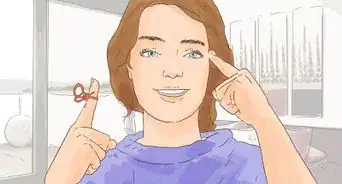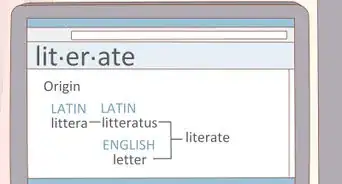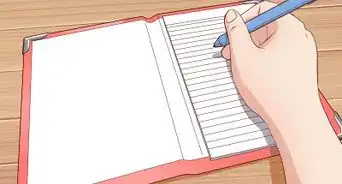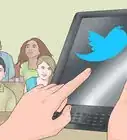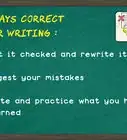X
wikiHow is a “wiki,” similar to Wikipedia, which means that many of our articles are co-written by multiple authors. To create this article, volunteer authors worked to edit and improve it over time.
This article has been viewed 71,514 times.
Learn more...
In English, bring and brought are used almost every day. But are you confused about their meaning and the difference between them? This article will help.
Steps
-
1Take a look at the meanings and tense differences between these two words.[1]
- Bring is a verb that means to come to a place or convey a meaning and is a present-tense verb. Example: 'I will bring you some chocolates.'
-
Brought means exactly the same as above, but that it has already happened (past tense of bring. Brought means to bring about cause to happen.
- Example- 'I brought you some chocolates.'
-
2Recognize when you should use the word bring. Bring is the word you should use when you want something and that item isn't with you.[2]Advertisement
-
3Recognize what word you should use when you don't have the necessary ability to bring an item to you. The word you should use, when you don't have this ability, is to use brought. When you have already walked an item over to the person, use brought in place of bring.[3]
-
4Recognize the future tense verb of the word "bring" is "will bring". It can never be "will brought". When you listen to native English speakers, you'll never hear them say "will brought".[4]
Advertisement
Community Q&A
-
Question"She told me I didn't brought/bring the documents." Which one is correct?
 Community AnswerBring is correct.
Community AnswerBring is correct. -
Question"Please give me paper" or "Can you give me paper?" Which one is correct?
 Community AnswerThey are both correct. "Can you please give me paper?" would be the most polite version.
Community AnswerThey are both correct. "Can you please give me paper?" would be the most polite version. -
Question"Hope you have bring" or "...have brought"?
 Tom De BackerTop AnswererCorrect is "...have brought. After 'you have', you need a past participle. Other examples are: you have done, you have said, you have seen.
Tom De BackerTop AnswererCorrect is "...have brought. After 'you have', you need a past participle. Other examples are: you have done, you have said, you have seen.
Advertisement
Warnings
- It's easy to think of bring as being present tense, because the future of these actions are often very near. Though the future may only be an instant later, it is still in the future.⧼thumbs_response⧽
Advertisement
References
About This Article
Advertisement
